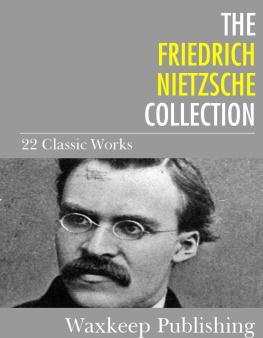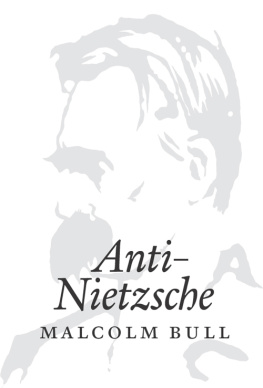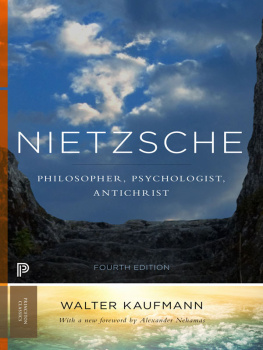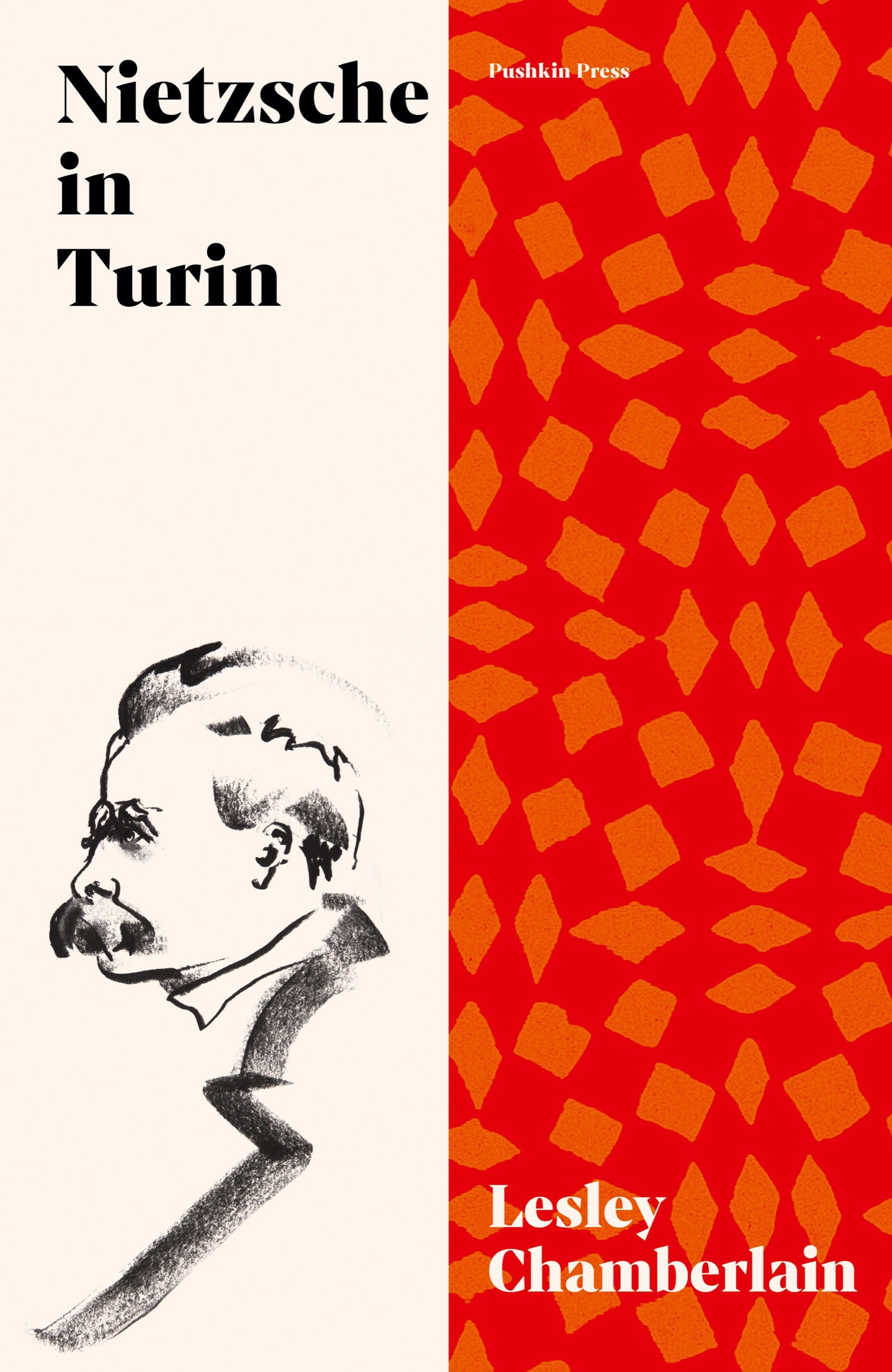T his book is an attempt to befriend Nietzsche. Philosophers may smile, other readers may doubt the efficiency of my social behaviour. But it seems to me important to know, approximately, what it was like to walk down the road with this strained, charming, malicious and misunderstood thinker so important to the present age. He was perhaps the most original European philosopher of the nineteenth century. Despite being a closet metaphysician, he wrestled with problems near at hand, problems of pain and loneliness and joy and uncertainty, in a thoroughly advanced way. He wondered at the inadequacy of science and the Christian church to make everyday life meaningful. He hated everything from big towns to newspapers, from nationalism to mesmerizing and narcotic modern art: anything that compromised the freedom of the human spirit and of course all these things you may see and may still want to weigh up in the street today.
Our late-flowering encounter, not the first but the most substantial, began in a Turin square where I was reading his direct, warm and surprisingly unsolemn letters of 1888. The square was small and shady, surrounded by the quiet back entrances of commercial buildings, lock-up garages and a few dwellings, not far from the cathedral which guards a piece of cloth absurdly identified as Christs shroud. A long low wall down one side of this tranquil triangle provides a familiar place for local people to gather. I happened upon it by chance and not caring to sightsee, I sat down on a bench and read the Turin letters (London Library copy, Schlechta edition). A madman entered and began jesting. The local audience, who knew him well, and waved at him dismissively for my benefit, showered him with laughter. Meanwhile another piece of theatre began. Vieni a casa! Vieni a casa! called a tanned and wrinkled old-seeming man. Come home with me for a few September sexual pleasures before lunch! Nietzsche wandered Turin, loveless, remembering love, dissecting culture, already mad in the vernacular sense. These mad, erotic charades might have been dedicated to him. They seemed like tantalizing symbolic distractions outside the theatre where I would eventually dramatize my interpretation of his life.
Nietzsche has long excited writers more than philosophers. Too long a question hung over him: was he indeed a philosopher? You ask if I am a philosopher. Is that of any consequence? he blustered in one of those 1888 letters. Actually he had been asking himself that question for twenty years. It hurt him, and he often laughed over it. He was once a university professor of philology, lecturing on Plato and Aristotle and the pre-Socratic philosophers. A reputation for militant atheism precluded his success in obtaining any similar post in later years. His books were too original and too shocking for the philosophical and classical establishments to acknowledge him as one of their own. A thinker of exemplary moral high-mindedness and subtlety, he was indeed different.
As a philosopher, his fate was ghastly, though hardly untypical. No sooner was he dead in 1900 than all manner of non-philosophers poured in to plunder his intellectual creation and put it to non-philosophical uses. His sister Elisabeth, a queer mixture of intermittent loyalty, constant power-mongering and utter fatuousness, someone who entirely lacked self-knowledge, the way her brother entirely possessed it, was a famous culprit, inventing merits in Nietzsche to appeal to the National Socialists. As a writer his lot was gentler: writers loved him. They made what use of him they could.
I would like to see Nietzsche known and praised widely for his real and lasting qualities. Not that I am alone. A Nietzsche reinterpretation industry exists at the end of the twentieth century to which perhaps some future intellectual historian will devote a study of our present weaknesses. For every idea expressed in this book there exist whole books to which the sufficiently fascinated reader may want to turn: on Nietzsches style, his view of art, the nature of his metaphors; his views on politics, history and morality; his relation to the German tradition of aesthetic play; his situation in relation to Hegel and Marx, and ultimately to any other philosopher you care to name; and his influence on writers and poets from Yeats to D.H. Lawrence and Andr Gide. The core attraction of Nietzsche at the end of a century ravaged by ideology is that he provides no positive doctrines nor answers, and even made a fetish out of so doing, or not doing. So we make a fetish out of him. The number of new books devoted to Nietzsche is dizzying. What to do about it? Keep reading Nietzsche himself, I suspect. He writes so well, and, despite being uncommon and disregarded in his own time, it is right that he has gradually emerged as the outstanding critic of the modern age.

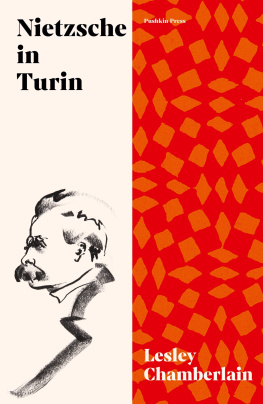
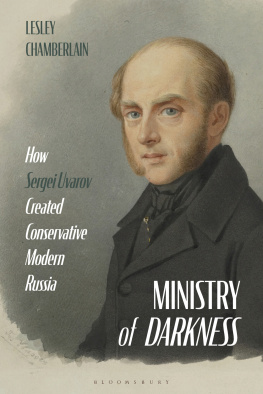
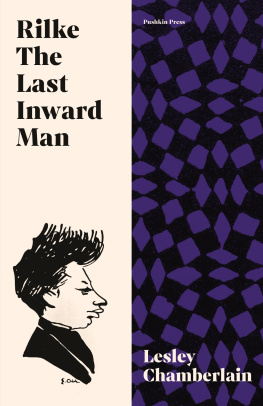

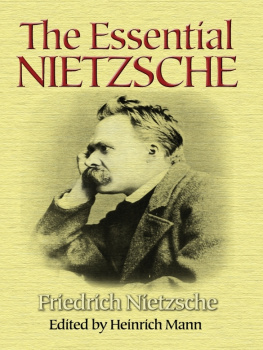
![Nietzsche - Twilight of the Idols [N.F. - Philosophy]](/uploads/posts/book/249935/thumbs/nietzsche-twilight-of-the-idols-n-f.jpg)

